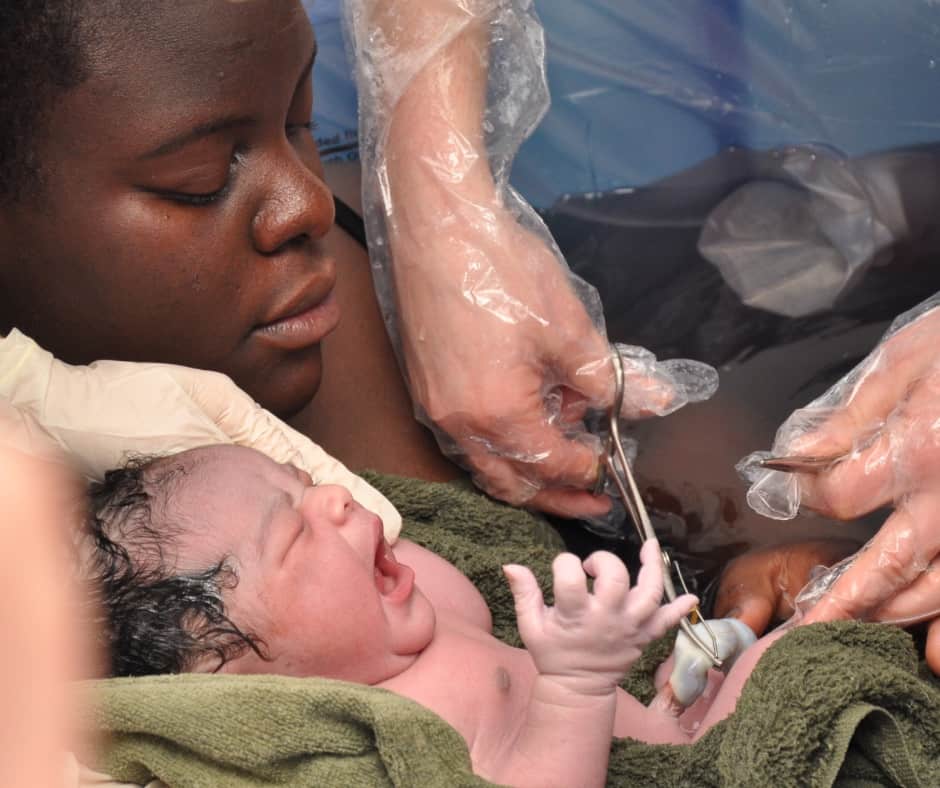Abbie Tomson
Midwife MSc, BSc, Yoga Teacher, Project Lead at All4Birth
@enevlorel @All4Birth
Summary
Cervical screening, commonly referred to as a smear test, is a vital part of women’s healthcare in the UK. It plays a major role in the early detection and prevention of cervical cancer.
-
Who Is Invited and When?
Cervical screening is offered to:
- Women and people with a cervix aged 25 to 64 in England, Wales, Scotland, and Northern Ireland.
- You’re invited every 3 years between the ages of 25 and 49, and every 5 years from 50 to 64, provided your results are normal (3).
- *This is now changing to every 5 years for all*
You’ll receive an invitation by letter from the NHS when it’s time to book.
-
Why Cervical Screening Matters
Cervical screening prevents up to 75% of cervical cancers and is estimated to save around 5,000 lives every year in the UK (4). It helps detect abnormal cells before they have the chance to turn into cancer.
Because early cervical cell changes often have no symptoms, attending regular screening is essential even if you feel well.
Nearly 1 in 3 don’t attend their cervical screening test
-
Cervical Screening, Fertility, and Birth
Preconception
If you’re planning a pregnancy, it’s a good idea to check you’re up to date with your smear test. Certain treatments for cell changes may temporarily affect your ability to conceive or carry a pregnancy, so addressing these before trying to conceive is ideal (5).
During Pregnancy
Routine screening is not carried out during pregnancy because hormonal changes can affect the appearance of cervical cells. If you’re due a test while pregnant, it will usually be postponed until after birth, unless you’ve had recent abnormal results (6).
Postnatal Screening
The NHS advises waiting at least 12 weeks after giving birth before attending a smear test. This allows time for the cervix to return to a stable state, ensuring the results are reliable (6). If you missed a previous test due to pregnancy, contact your GP once you’ve recovered from birth.
-
Coping with Smear Test Anxiety
For many, the idea of a smear test can cause anxiety. This may be heightened if you’ve experienced:
- Birth trauma, including perineal tears or episiotomy
- Sexual trauma
- Pelvic pain or conditions like vaginismus
You’re not alone, and there are ways to make it more manageable:
- Talk to the nurse beforehand about your concerns—they are trained to support anxious patients.
- Ask for a smaller speculum
- Take someone with you for support.
- Use deep breathing or hypnobirthing techniques to help you relax.
- Book a longer appointment so you won’t feel rushed.
- Discuss the option of topical anaesthetic gel or taking a mild pain reliever beforehand.
Remember: You are in control, and you can stop the test at any time.
Conclusion
Cervical screening is a simple, quick test that can save your life. Whether you’re trying to conceive, currently pregnant, or recently given birth, staying up to date is essential for your long-term health. If you’re feeling nervous or have had a difficult birth experience, know that support is available, and you deserve compassionate, trauma-informed care.
Links to other resources
 Books
Books
- The Vagina Bible – Dr. Jen Gunter
- Your No Guilt Pregnancy Plan – Rebecca Schiller
 Film, Audio, Apps and Podcasts
Film, Audio, Apps and Podcasts
The Gynae Geek Podcast – Dr. Anita Mitra
The Birth Hour
Period Power – Maisie Hill
 Websites
Websites
References
- NHS Digital. (2020). Cervical screening programme, England – 2019-20.
- Public Health England. (2016). Cervical screening: HPV primary screening.
- NHS. (2023). Cervical screening overview.
- Cancer Research UK. (2023). Cervical cancer screening statistics.
- Jo’s Cervical Cancer Trust. (2024). Cervical screening and trying for a baby.
- Royal College of Obstetricians and Gynaecologists. (2019). Cervical screening and pregnancy.









